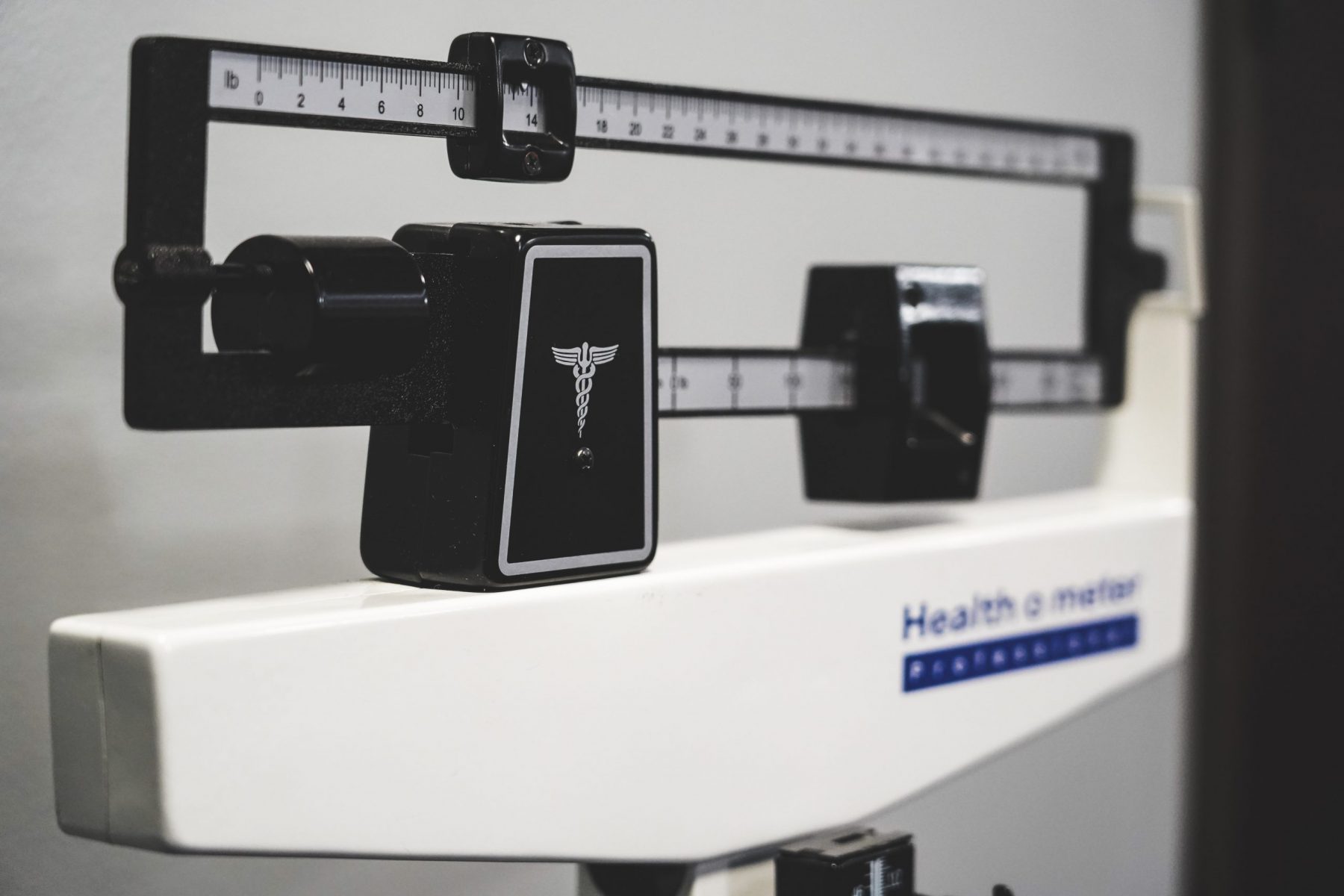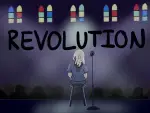Let’s talk about sizeism: Sizeism refers to the discrimination that fat people face daily on a personal and institutional level because of their weight. Although most people have a host of body insecurities, only fat people truly experience sizeism. Contemporary society has been designed for smaller people. Fat people are often considered lazy and disgusting. Fashion trends praised on thinner people are often criticized on larger bodies. Over the course of the pandemic, sizeism has manifested within the medical field, in news coverage and across social media
Sizeism in Medicine
Obesity is consistently listed as a potential risk factor for complications from COVID-19, despite no scientific evidence linking body weight alone to health issues connected to the disease. In fact, obesity itself is not a true medical diagnosis. Obesity is based on BMI, which only takes into account the height and weight of an individual. This imprecise measurement of health contributes to the general mantra of the coronavirus: “You will be fine, so long as you are young, healthy and in shape!”
This misinformation disregards certain individuals and deems their lives as less valuable than others.
Sizeist discourse has both an emotional impact on those affected and has grave consequences in emergency rooms. Due to the lack of pandemic resources, such as ventilators and treatment drugs, doctors are sometimes forced to prioritize cases they believe will be successful. Using someone’s body weight (or other factors) to determine if they deserve to receive these resources is discriminatory and should be unlawful.
In March, a movement started in response to these practices, and the hashtags #nobodyisdisposable and #NoICUgenics began trending on Twitter. The campaign fights against discrimination in triage for disabled people, fat people, old people and people with chronic illnesses.
The campaign’s website includes an open letter that urges medical professionals to consider the lives of all patients as valuable: “Day by day, states and medical facilities are releasing triage plans that recommend who gets denied care when beds and ventilators are running low. We write to you as other people whose lives are being considered disposable — people with disabilities, fat people, old people, people with HIV/AIDS or other illnesses — along with our friends and loved ones who don’t want us to die.”
The discrimination against fat people within medical offices is not a new practice, but it has even more severe consequences because of the pandemic. Contrary to popular belief, a person’s weight alone does not represent their health. A thin person can lead an unhealthy lifestyle but are not usually berated about their choices in a doctor’s office. On the other hand, fat people are constantly reprimanded for their weight by physicians and are often refused adequate care.
“Fat people are routinely denied medical care. Many surgeons refuse to operate until patients lose weight; and for routine health concerns, thin patients are more likely to receive a diagnosis and treatment plan than fat patients, who are often told that losing weight will solve their ailment,” Claudia Cortese wrote in an article addressing the fatphobia during COVID-19.
Social Sizeism and Diet Culture
Beyond medical sizeism, social sizeism runs rampant in our culture. The sedentary nature of quarantine and our new work-from-home lifestyle can bring out toxic discourse on social media. People have been posting memes about “quarantine weight” or the extra-large pants they will need after quarantine. Diet and exercise culture has surged, which has ranged from healthy, disordered or somewhere in between.
For some, eating healthy and exercising can provide solace in times of uncertainty. Feeling like you have control over something in your life and maintaining a routine can feel comforting. Eating healthy and staying active can also strengthen your immune system, regulate your sleep schedule and support your mental health. Just one 30-minute workout can raise endorphins, and incorporating exercise into your regular routine can promote greater serotonin production over time.
Unfortunately, exercising and healthy eating often require time and resources that are not equally accessible to Americans. According to the Food Research & Action Center, impoverished neighborhoods tend to have fewer resources that promote health, such as grocery stores and gym clubs, compared to wealthier neighborhoods.
During the pandemic, the accessibility of healthy living practices has decreased significantly. Given the risk of spreading the virus, gyms have closed or only operate at limited capacity. Additionally, the emotional burden of the pandemic and the all-too-real Zoom fatigue limits motivation for extraneous activities. At a time when it is critical for citizens to protect their mental health, some people may not have the physical or mental capabilities to do so.
Unhealthy Trends
The sudden focus on physical health during the pandemic has manifested itself in unhealthy ways in the media. For example, a TikTok trend called the 75 Hard Challenge surfaced in which followers are pushed to adhere to a strict regimen for 75 days. This challenge has an arbitrary laundry list of items as you must follow a diet (with no alcohol), work out twice a day for 45 minutes, drink a gallon of water each day and read 10 pages of a non-fiction book. Any day that you make a misstep you must start over from day one. Although it is advertised as a “mental toughness” challenge, TikTok bloggers log their weight and progress pictures over the course of the challenge. Experts have deemed this challenge ineffective, unsustainable and dangerous.
Promoting strict lifestyle plans like the 75 Hard Challenge can be damaging to mental and emotional health. It promotes the idea that making mistakes is weak, and success has to be hard — but I reject that notion. If you are on a journey to become healthier but you want to eat a cookie, eat a cookie! If life gets in the way and you miss a workout, that’s okay — there is always tomorrow.
Time and time again, people beat themselves up for one unhealthy meal or “being bad” in their diet or exercise plan. The detrimental language people use to talk about themselves feeds off others and promotes self-hate. Instead, try to practice radical self-love. Especially now, it is important to praise yourself for what you have done right this week, keep working toward your goals even if you make some missteps and remind yourself that your worth does not correlate to your body size.
















